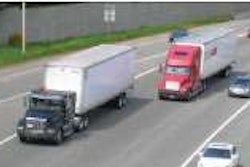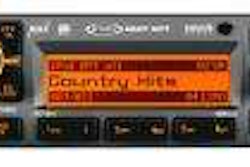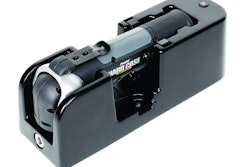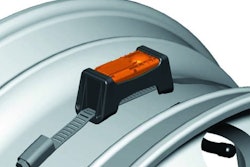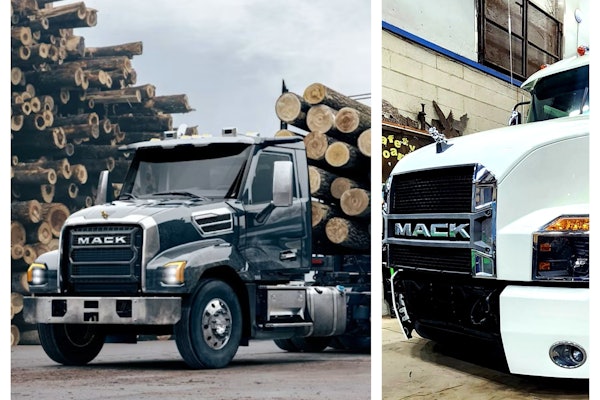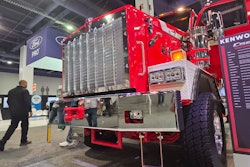The road to operating under your own authority is paved with paper.
“The authority itself takes about three to four weeks to do,” says Carol Pense, vice president of the Permit Connection, an Arkansas-based company that helps operators obtain the proper permits and licenses. “That process could get lengthened if a person doesn’t stay on top of it. It’s hard to know all of the rules.”
To obtain your authority, you need to start with the Master Carrier authority issued by the Federal Highway Administration. Your U.S. Department of Transportation number is issued at the same time. The MC filing fee is $300. You also need to hire a process agent to file for a BOC-3 form to activate the authority. It’ll be about $50.
Once you have your authority, you register it through the Unified Carrier Registration program. The amount will depend on how many units you run – for one owner and one truck, figure $39. The UCR has to be renewed each year.
To be on your own, you’ll have to pay for your license plates. Figure about $1,400, though the amount will vary annually depending on how many miles you run. If you’re leased out, that’s usually handled by the carrier.
You’ll also need to get your IFTA (International Fuel Trade Agreement) sticker, which covers the collection of fuel taxes in states where you run. Plus, four states, Kentucky, New Mexico, New York and Oregon, charge additional weight and distance taxes. Again, this will likely be handled by the carrier if you’re leased.
Hazmat hauling requires a separate authority. Also, a few states impose their own hazmat license requirements.
If you handled the paperwork yourself, the costs would be about $1,900. To go through Pense’s agency, the total would be about $2,700.

Primary Authority Fees
Liability insurance costs and additional state licenses and permits will increase the total.
MC authority filing fee: $300
Process agent fee to file for BOC-3 form: $50
Unified Carrier Registration fee: $39
License plates: $1,400
Hurdle in the Road
Becky Odom almost didn’t make it as an independent operator.
After running as a leased owner-operator since 1984, the Andalusia, Ala., resident harbored a dream to get her own authority. In searching for liability insurance, Odom says a saleswoman at an insurance agency told her if she signed with the company, she could get her authority “in a couple of days.” Odom and her husband Mickey were short on money and wanted to haul their own loads as quickly as possible, so she bought the promise and went with the agency.
“I thought we’d be out on the road in a week’s time,” Odom says. “Needless to say, we weren’t.”
Odom had her DOT number, and the woman applied for Odom’s Master Carrier number, which arrived in a few days. “According to her, I was ready to roll,” Odom says.
Odom, who owns a 1995 Peterbilt and a 1999 Utility reefer, says she had a load for California lined up. She thought she needed a state fuel tax ID number to run through New Mexico. The insurance woman didn’t know about that, but referred Odom to Rick McNeill, president of Motor Carrier Consultants. When she explained what was going on, Odom says, “He said I wasn’t ready. He said, ‘the first scale you go to, you’re going to be in trouble.’ ”
Odom didn’t have her authority. McNeill filed for Odom’s IFTA sticker and arranged for a process agent to file for her BOC-3 form to activate the authority. Odom says that within two and a half weeks, her authority was in effect and she was running BMK Transportation under her authority.
Now she and her husband are teaming on a dedicated run, hauling potatoes from Indiana to a Frito-Lay plant in Orlando, Fla. After years of leasing out to carriers and seeing a percentage of their revenue go to others, Odom now is confident in running as an independent. “My husband had been trying for years to get me to get our own authority, but to be honest I was scared to,” she says, adding that now, that fear is long gone.
